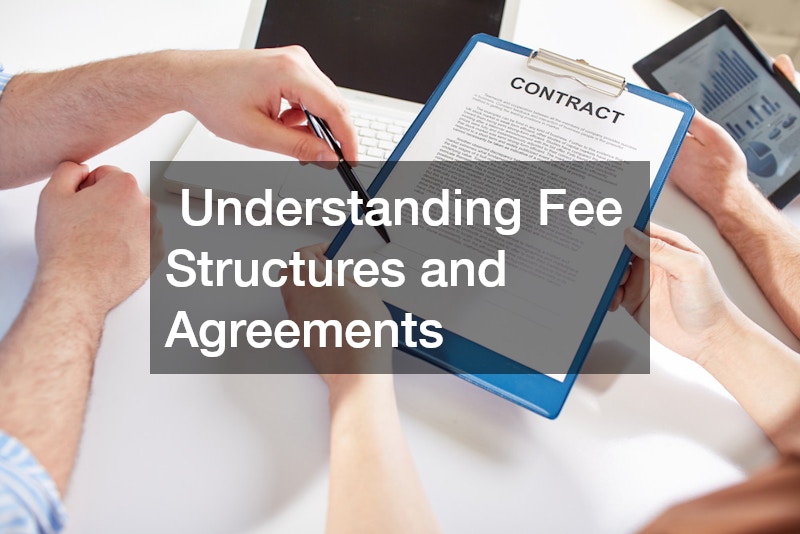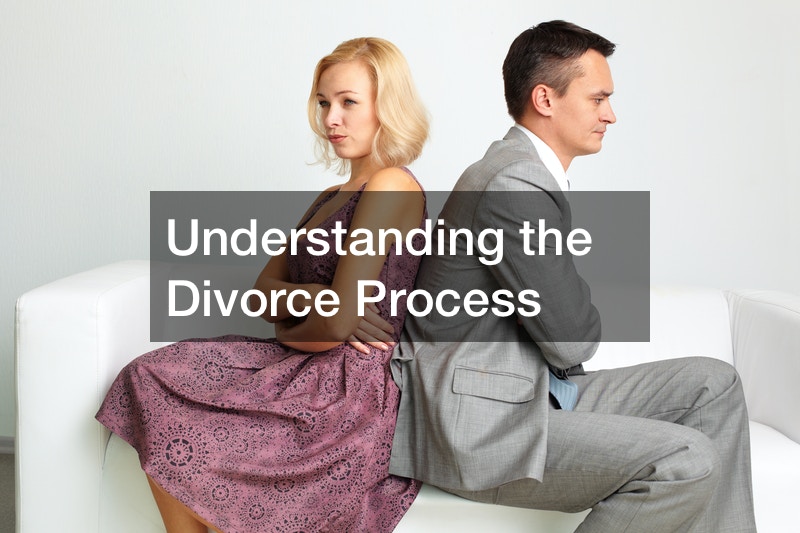
In this article, we delve into the critical considerations for selecting the most suitable personal injury attorney to ensure you make an informed decision and secure the compensation you deserve. Choosing the right attorney is pivotal, as this decision can significantly impact the outcome of your personal injury case. Thorough research and understanding of your options can lead you to an attorney capable of achieving the best possible results for your specific situation.
Experience and Specialization
When selecting a personal injury attorney, experience and specialization are paramount. An attorney with a strong background in personal injury law is often better equipped to navigate the complexities of your case.
Specialization ensures that your attorney has the necessary skills and knowledge specific to personal injury claims, which can significantly affect your case’s success.
In addition to general experience, seek attorneys who have handled cases similar to yours. An experienced attorney will understand the nuances of personal injury litigation, from obtaining evidence to negotiating settlements. Their track record in similar cases can offer you confidence and assurance in their ability to meet your needs.
Moreover, a specialized personal injury attorney can provide tailored advice and strategies that general practice attorneys may overlook. They are often more familiar with medical terms and injury assessments, which are crucial in building a robust case. It’s important to consider the depth and breadth of the attorney’s previous cases to ensure they align with your legal requirements.
Reputation and Track Record
The reputation of a personal injury attorney is another critical factor to consider. An attorney’s reputation can reveal their credibility and ability to secure favorable outcomes for clients. By researching their track record, you can gauge their success in achieving adequate compensation for clients in situations similar to yours.
Seek attorneys with positive reputations in the legal community, which often translates to respect from judges and other legal professionals. A well-regarded attorney is more likely to be taken seriously in negotiations and courtroom settings. Their strong reputations can also indicate a history of ethical practices and client-centered approaches.
Furthermore, an attorney’s history of success can provide insight into their competencies and reliability. Reviewing case outcomes, settlements, and verdicts allows you to assess their effectiveness objectively. An impressive track record often signifies that the attorney has honed their skills through years of dedicated practice.
Communication Skills and Approachability
Effective communication is crucial when dealing with legal matters, particularly complex ones like personal injury. An attorney’s ability to explain legal concepts in clear, understandable terms can significantly ease the stress and confusion often associated with legal proceedings. Approachability also plays a role in ensuring you feel comfortable and confident discussing your case details.
Consider how effectively an attorney listens to your concerns during consultations. Their willingness to address your questions and provide clear answers reflects their commitment to client satisfaction. Strong communication sets the stage for a collaborative relationship where you and your attorney work jointly towards success.
An attorney’s communication style can also impact the negotiations and interactions with other parties involved in the case. Negotiating settlements and courtroom presentations require articulate and persuasive communication. Hence, an approachable and communicative attorney is often better equipped to advocate for your best interests.
Checking Credentials and Licenses
Verifying the credentials and licenses of a personal injury attorney is an essential step in ensuring their legitimacy. Every attorney should hold a valid license to practice law in their respective state, ensuring they meet the legal standards required to represent clients. To confirm an attorney’s credentials, you can reference state bar association databases that list licensed practitioners.
Additionally, ensure that the attorney is in good standing with the bar association, as this reflects adherence to ethical guidelines. Certification or membership in prestigious legal organizations can also signify a lawyer’s commitment to professionalism and continued education. These credentials provide further assurance of the attorney’s dedication to best practices in personal injury law.
Understanding Fee Structures and Agreements
An essential part of the consultation involves discussing fee structures and agreements, which vary among personal injury attorneys. Many attorneys operate on a contingency fee basis, meaning you pay attorney fees only if you recover compensation. This arrangement can reduce upfront financial burdens, aligning your attorney’s incentives with a successful outcome.
Request a clear explanation of the fee percentages and any additional costs you might incur during the legal process. Transparent discussions about fees help prevent potential misunderstandings or disputes down the line. Understanding these details ensures you are financially prepared should you elect to hire the attorney.
Legal fee agreements should be thoroughly reviewed and understood before signing, with all terms outlined explicitly. This step is crucial for avoiding future confusion and maintaining a cooperative attorney-client relationship. Having a comprehensive grasp of the fee structure helps establish trust and manage financial expectations throughout your case.
Choosing the right personal injury attorney is a crucial step in securing compensation and achieving justice. By considering the factors outlined above, you can make a well-informed decision and enhance the likelihood of a favorable outcome in your case. Diligent research, thorough consultations, and understanding legal processes are key to selecting an attorney who best suits your needs.
.




